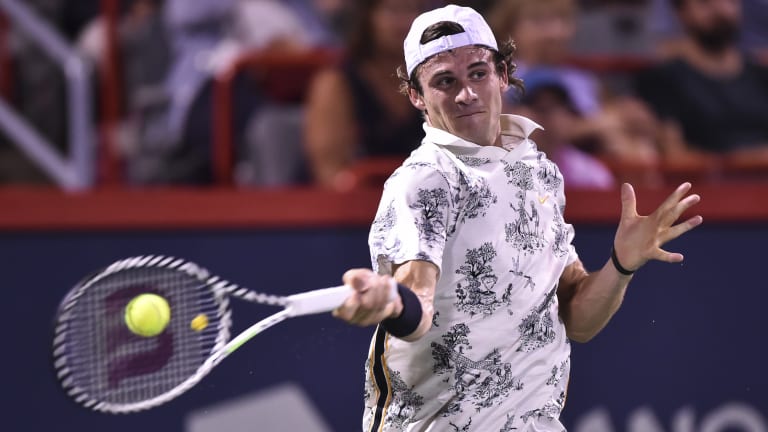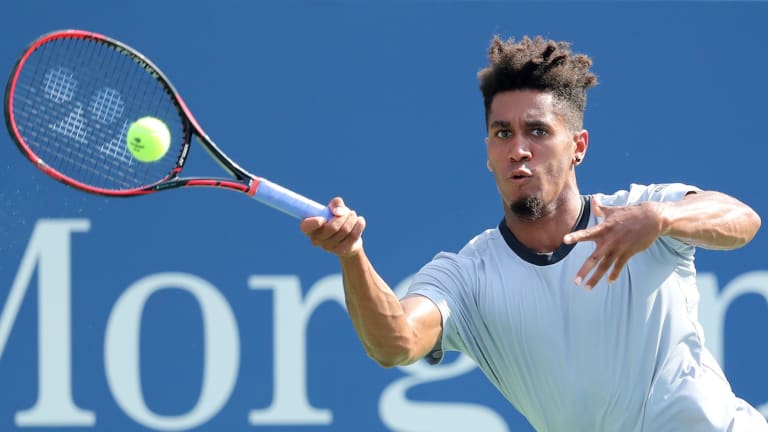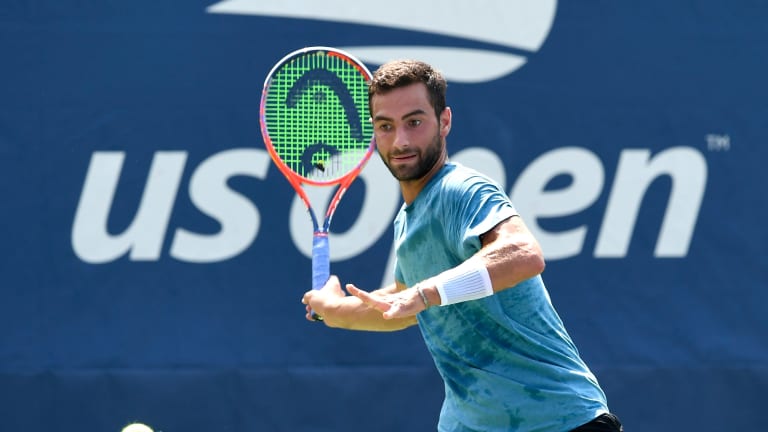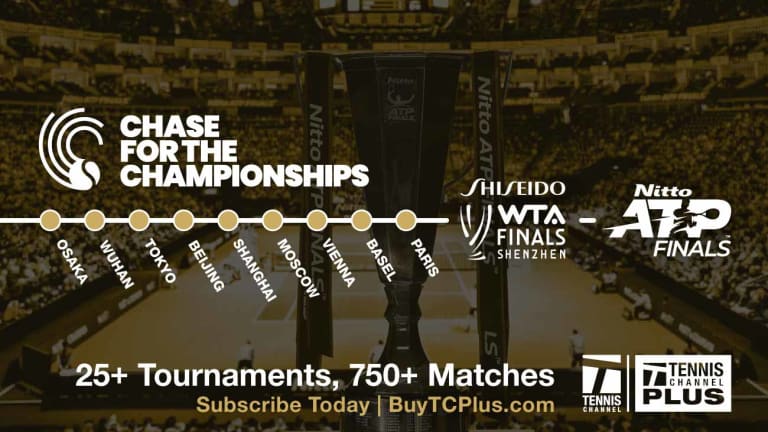Tommy Paul, Noah Rubin, Michael Mmoh and the stark impact of injuries
By Sep 13, 2019Pop Culture
Maria Sharapova jokes she's 'coming out of retirement' for TopSpin 2K25
By Apr 29, 2024Madrid, Spain
Rafa's revenge! Rafael Nadal conquers Alex de Minaur in gritty Madrid battle
By Apr 27, 2024Social
Frances Tiafoe presents $50,000 check to support hometown tennis center in Maryland
By Apr 13, 2024Social
Coach Diego Moyano announces that he and Frances Tiafoe have split
By Apr 12, 2024ATP Houston, USA
Ben Shelton and Frances Tiafoe set all-American final in Houston
By Apr 06, 2024Betting Central
Line Calls: Betting breakdown of Jordan Thompson vs. Frances Tiafoe in Houston
By Apr 05, 2024Social
"ATP Eclipse Club" in Houston delivers humorous solar eclipse PSA ahead of April 8 event
By Apr 05, 2024ATP Houston, USA
Defending champion Frances Tiafoe edges James Duckworth in return to Houston
By Apr 05, 2024Good Trouble with Nick Kyrgios
How the drive to impact people motivates Frances Tiafoe on the tennis court and off
By Apr 03, 2024Tommy Paul, Noah Rubin, Michael Mmoh and the stark impact of injuries
The hard-luck and hard-working Americans are working their way back up the rankings to catch their peers.
Published Sep 13, 2019
Advertising

Tommy Paul, Noah Rubin, Michael Mmoh and the stark impact of injuries
© 2019 Getty Images
Advertising

Tommy Paul, Noah Rubin, Michael Mmoh and the stark impact of injuries
© 2018 Getty Images
Advertising

Tommy Paul, Noah Rubin, Michael Mmoh and the stark impact of injuries
© 2018 Getty Images
Advertising

Tommy Paul, Noah Rubin, Michael Mmoh and the stark impact of injuries